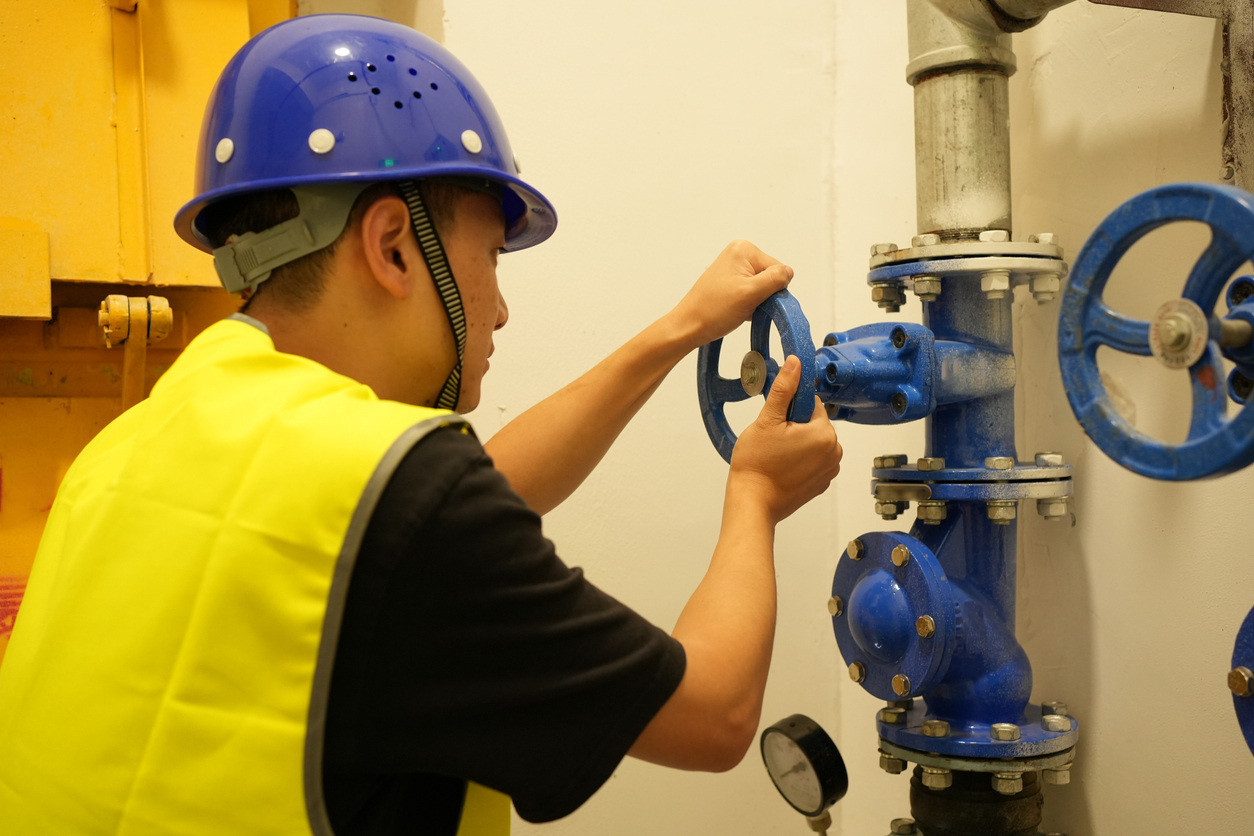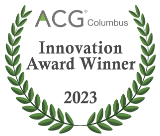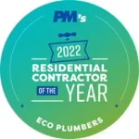Water quality is crucial for health and well-being, and understanding the difference between Dayton, OH, water filtration, and purification can help you choose the right system for your home. Both methods aim to improve water quality, but they work differently. Let’s explore the distinctions between these processes to determine which is best suited for your needs:
- Filtration
Filtration involves passing water through a physical barrier or media that traps and removes contaminants. Common filtration methods include activated carbon filters, sediment filters, and ceramic filters. These filters can remove particles, sediment, chlorine, and some bacteria, improving taste and odor without significantly altering water chemistry.
- Types of Filters
Different types of water filters target specific contaminants. For example, activated carbon filters are effective against chlorine, volatile organic compounds (VOCs), and some heavy metals, while reverse osmosis filters can remove dissolved salts and minerals. Choosing the right filter depends on your water source and quality concerns.
- Water Purification
Water purification goes beyond filtration by eliminating or reducing contaminants to a higher degree, including viruses, bacteria, and parasites. Methods like UV sterilization, distillation, and reverse osmosis (RO) are common purification techniques. These methods provide safe drinking water in areas with microbial or chemical contamination concerns.
- Effectiveness and Efficiency
Filtration is generally effective for improving taste and reducing common contaminants, making it suitable for most municipal water supplies. Purification is necessary for removing pathogens and certain chemicals, ensuring safe drinking water from untreated or contaminated sources.
- Considerations for Home Use
When choosing between filtration and purification systems, consider your water source, local water quality reports, and specific contaminant concerns. Maintenance requirements, initial costs, and water usage also influence the decision.
Understanding the difference between filtration and purification helps homeowners make informed decisions about their Cincinnati, OH, water treatment needs. Whether you prioritize taste improvement, removal of specific contaminants, or ensuring microbiologically safe water, selecting the right system enhances water quality and supports overall health.
Are you confused about installing a Columbus, OH, water filtration and purification system? Contact us at Eco Plumbers, Electricians, and HVAC Technicians at (855) 326-7586 for detailed information.











